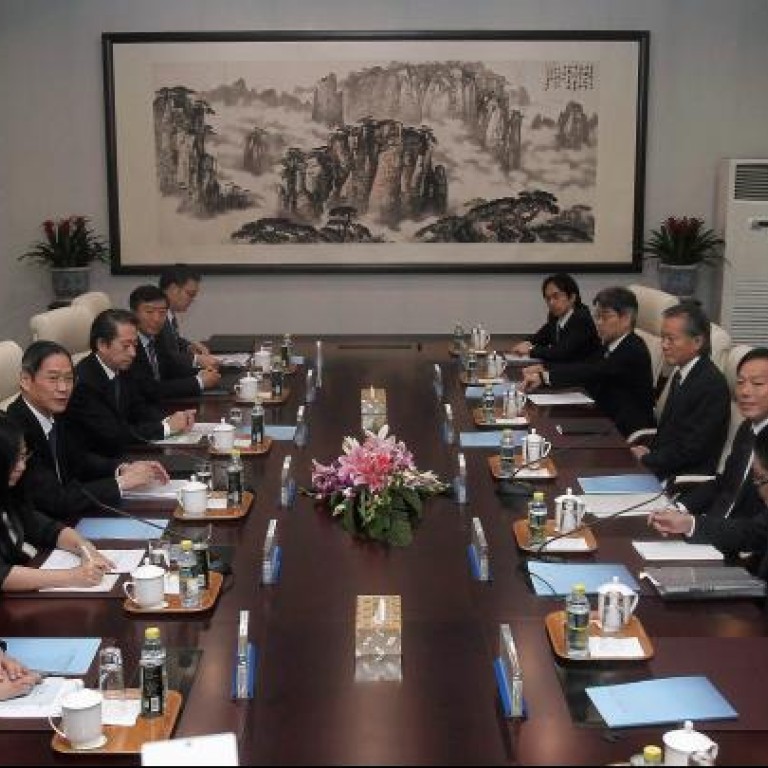
China and Japan must replace nationalistic rhetoric with diplomacy
Japan's conservative Liberal Democratic Party has always looked frostily towards China, but a new chill is in the air with former prime minister Shinzo Abe's re-election to its leadership. The dispute over the Diaoyu Islands gives this staunch nationalist greater cause to push his agenda. Dissatisfaction with the governing Democratic Party of Japan is high and with elections due before the end of the year, there is a good chance that Abe will return to the helm of the country's government. Nationalism has no place in relations between countries, though; diplomacy has to always drive foreign policy.
It is a simple enough rule. Yet Japanese Prime Minister Yoshihiko Noda ignored it earlier this month when he steered through parliament a decision to buy three of the five islands, controlled by Japan and privately held since 1972, but claimed by China and Taiwan. His poll ratings plunging, leadership challenged and a deadline to call an election looming, it was a ploy to shore up support. He has retained his job, but the bubbling crisis over the Diaoyus has also consequently been brought to boiling point. China, in a leadership battle of its own, was guaranteed to respond angrily, and Chinese and Japanese boats are now facing off among the rocky outcrops and reefs.
With nationalism driving both sides, the risk of a mishap is ever growing. Abe's year as prime minister did nothing to repair the damage to relations with China caused by his equally right-wing predecessor Junichiro Koizumi, who repeatedly visited the Yasukuni Shrine honouring Japan's war dead. His views have not lessened in the five years since leaving office. He recently said he regretted not going to the shrine while premier and suggested that a landmark apology by Japan in 1993 for enslaving Chinese and Korean women to serve as prostitutes for Japanese soldiers during the second world war may need revising. Amid the territorial dispute with China, and another with South Korea, such rhetoric is unacceptable.
Poor diplomatic ties could endanger economic relations. They have already been harmed by anti-Japanese protests and sentiment. Japanese carmakers, sensing a sales slump, have already cut production, flights have been reduced and some businesses and factories have closed. But the world's second- and third-biggest economies cannot afford to let politics affect them financially; they are too dependent on one another.
Whatever the challenges, politicians on both sides of the East China Sea have to end their nationalist rhetoric. If they do not, there is every chance matters will spin out of control.

